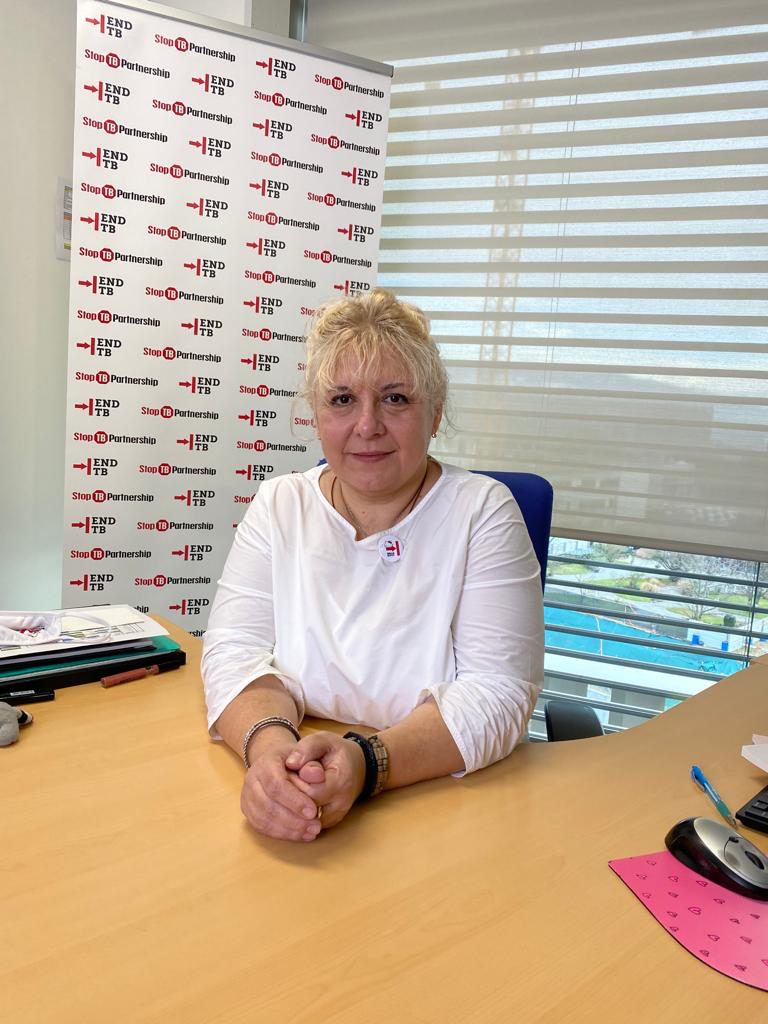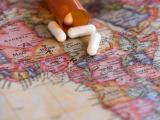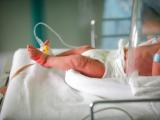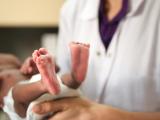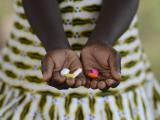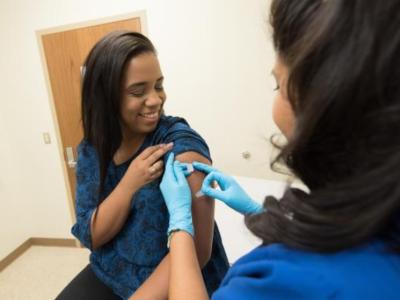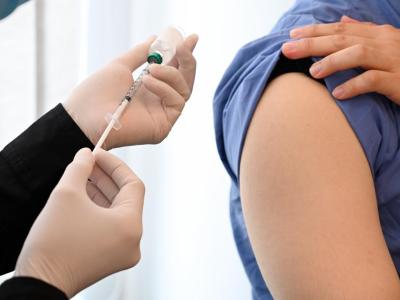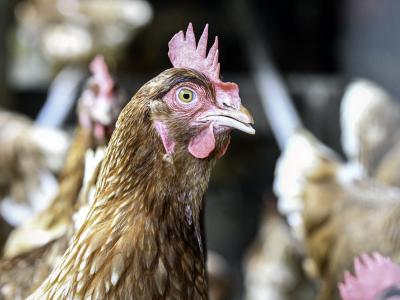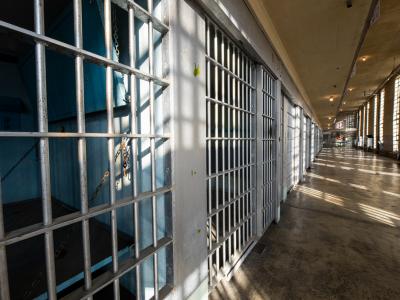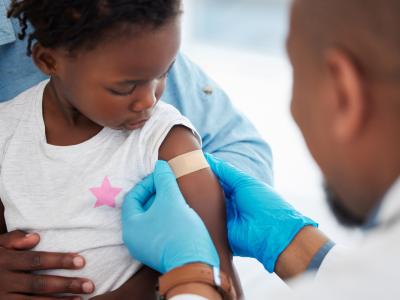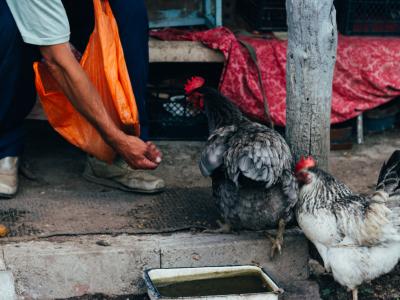Today in New York, the United Nations (UN) General Assembly is convening a multi-stakeholder hearing in preparation for September's High-Level Meeting on the fight against tuberculosis (TB).
Among those attending the meeting is Lucica Ditiu, MD, executive director of the Stop TB Partnership, which since 2001 has been working to amplify the voices of the people, communities, and countries affected by the world's leading infectious disease killers. Ahead of today's meeting, the group has presented a list of "Key Asks" for stakeholders to consider as they prepare for the September meeting, when UN Member States will be asked to review the progress on the commitments made at the first High-Level Meeting on TB in 2018.
To date, the progress hasn't been close to what Ditiu and others hoped it would be, particularly when it comes to funding for TB research and development. On top of that, the impact of the COVID-19 pandemic on TB diagnosis, treatment, and prevention services has upended years of progress and set back efforts to achieve the World Health Organization's goal of ending TB by 2030.
Ditiu says the document represents the top priorities and the aspirations of the TB community and calls the six Key Asks "the package of things that need to be done" if world leaders really want to reduce TB incidence and deaths to such a degree that the End TB goals are attainable.
CIDRAP News spoke with Ditiu ahead of today's UN meeting. The following excerpts from the conversation have been edited for length and clarity.
CIDRAP News: You've been very critical of world leaders in the past for failing to put forth the funding and the resources needed to combat TB and to meet the pledges they made in 2018. In a press release for a 2021 Stop TB Partnership report you said, "Years of neglect have led to an unbearable situation in which TB kills more than 4,000 people a day—more than HIV and malaria combined—and still too few decision makers, donors, and stakeholders care about TB." Why is that? And how do you get more decision makers, donors, and stakeholders to care about TB?
Lucica Ditiu: The challenge that we have is that the biggest number of people with TB come from the low-income countries and lower-middle-income countries. We don't have a big community of TB survivors, or people with TB, in the "Big North"—the United States, Western Europe, and so on. And this comes with a price because the diseases that are seen in large number in the Big North are triggering the attention of the investors [and] the attention of the pharma companies, because there is big profit. The people with TB that are the most vulnerable are in the low-income countries, so people don't pay too much attention to it. So TB is a very good example of the social inequities of the world, and the lack of attention to it is what should worry us. It's a deadly divide between the north and south, a deadly divide between the promises and what is happening.
What can be done? What we're trying to do now is basically move the attention and the weight from the global level—we've been trying to get the attention of some global leaders for a long time—to the national level, and empower the people, not only survivors but also the civil societies of these countries, to really raise their voice to their own leaders. You know, if TB in a country kills more than HIV and malaria together, just as an example, or is one of the top four killers of people in that country, then obviously that should be reflected in the attention, in the investments, in the efforts of that government. And we are working now to empower people to hold leaders accountable in a more aggressive and direct way than before. So basically, go to the country level and push the agendas there.
CIDRAP News: Does it frustrate you that that the world doesn't pay more attention to TB? This is a disease that killed an estimated 1.7 million people in 2021. I think most people, at least in America, think of TB as a 19th century disease.
Lucica Ditiu: It's not just frustrating. I am extremely upset. I'm losing my mind and I am outraged. I started today with a discussion with a group of leaders from some multilateral [organizations] that pay zero attention to TB, and they kept telling me that their agenda is different and that they cannot pay attention to TB as well. It is completely shocking to me that people are oblivious to the fact that TB is airborne, you know what I mean? And that it's a risk for all of us. Drug-resistant TB is a risk for all of us.
I feel the pain of people with TB because a lot of them have no voice, right? And most of them have another vulnerability: either they are very poor, they are from some rural area, or they have a different gender orientation or religious orientation or different color and so on. And because of all of this, they are deprived. They really have no access to some of the things that you or I have. You know, if you cough, you should have the same type of tool for diagnosis and the same treatment regimen, irrespective of whether you're born in Romania or the US or Rwanda or Kazakhstan or Senegal or Sri Lanka. And that's not the case.
I'm trying to see how we can channel this anger and frustration in such a way that we can try to make a difference. And I think one piece is really communicating more…but the other is to hold the leaders accountable for the health of their own people. It's extremely important. So I'm trying to see how we can channel this fury and anger in a constructive way. It might be a time in which we will forget about all the politeness and constructiveness.
You know what is even more annoying? Because of COVID, we saw that it's possible, when people in Western Europe and in the US were dying of COVID, to find billions of dollars. It was possible to collaborate, to have diagnostics, to have a new vaccine and to roll it out in incredible time…. We saw with COVID that it is feasible. It makes me even more agitated. Why not with TB?
CIDRAP News: That leads me to my next question, which is about COVID. As you know, there was progress being made against TB before the COVID 19 pandemic. Can you talk about the impact COVID-19 has had on the disruption of TB services?
Lucia Ditiu: COVID was really bad for TB. It was really bad for everything, but was very, very bad for TB. We saw for the first time ever a rollback of our efforts and our achievements. For every hundred people that we were able to diagnose and treat with TB up to the end of 2019, we were celebrating because it meant fewer missing people with TB. And then because of COVID, all of these achievements were rolled back. In 2020 and 2021, we saw a reverse of what we had. Mortality increased, incidence increased, and the number of missing people with TB increased as well.
We saw that it's possible, when people in Western Europe and in the US were dying of COVID, to find billions of dollars. It was possible to collaborate, to have diagnostics, to have a new vaccine and to roll it out in incredible time….Why not with TB?
But I want to tell you something remarkable that happened. In 2022, because of a hard push, some of the highest-burden countries—India, Indonesia, South Africa, and Bangladesh—basically bounced back to their pre-COVID numbers. It started with a lot of political commitment. But what is very important is that it was possible, because in 2022 they still had to deal with some COVID, as you remember. So it shows that we have the energy and the hope to be able to jump back.
CIDRAP News: The Stop TB Partnership recently announced the formation of a high-level advocacy group that will bring together heads of state and leaders from high-burden countries. Do you hope this group can provide the type of political will to combat TB that has that has been lacking so far?
Lucica Ditiu: Yes, we announced a coalition…that will include leaders that actually showed that they care about the lives of their own people, at least in terms of TB. It's founded on the leadership of Prime Minister Modi of India. The country is implementing some amazing measures to try and find people with TB. Every single person with TB receives 500 rupees ($6 US) per month for some food support. It's not a lot, of course; it's very little. But it's the only country in the world doing it at such a large scale; $260 million has already been distributed. That's unheard of. They launched another initiative around decentralizing TB care and are calling on people from the private sector or who have some income to basically support a person with TB during the treatment…because a lot of people are fired [from their jobs] when they are diagnosed with TB.
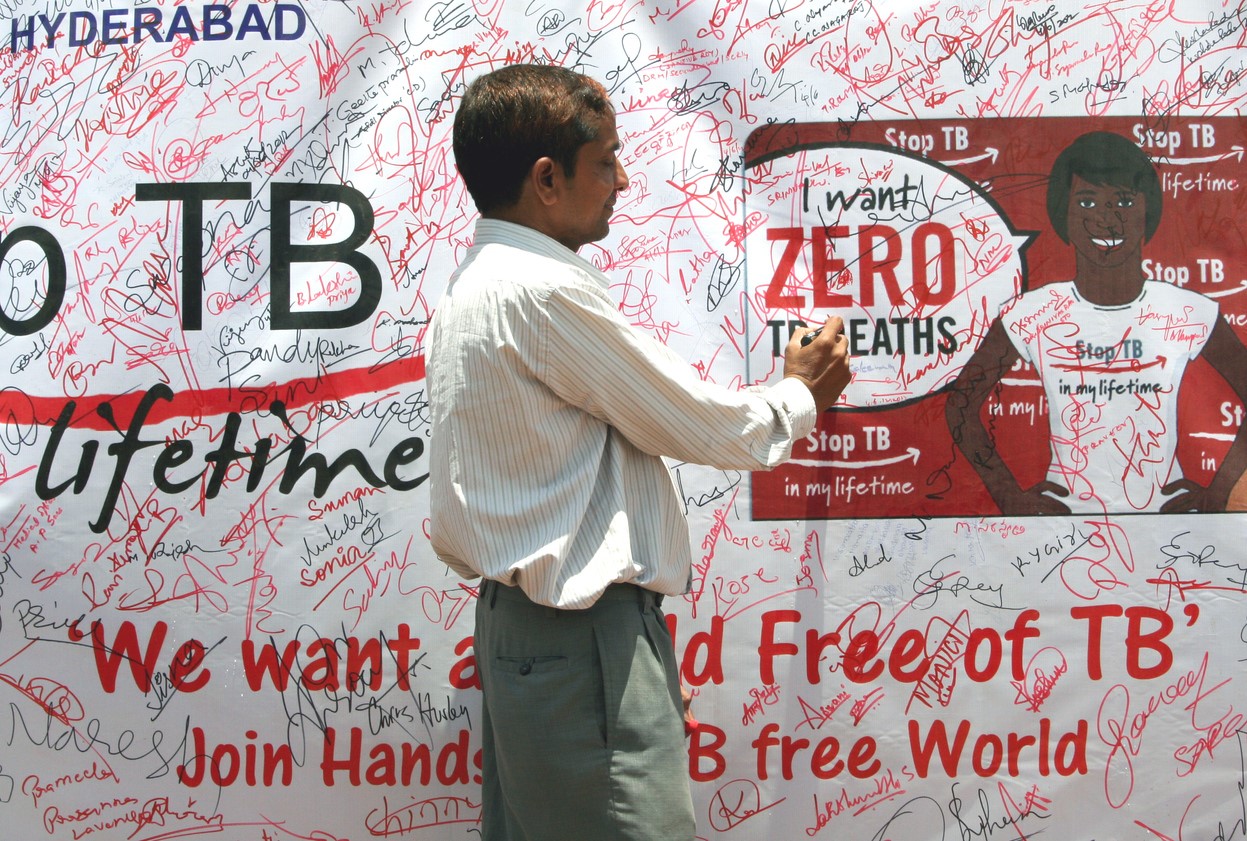
We hope to bring in leaders from countries beyond India. Indonesia for sure, Brazil, and some of the African countries—like South Africa, Nigeria, Kenya, Ethiopia, and Uganda—that are showing that they actually care about their people. I believe in the power of example. And when I'm looking at what India does, and how much they push in this desire to drive their numbers down, I wonder why countries that are much, much smaller, and with a much smaller TB problem, are not addressing some of these issues. India is the only country in the world with live data on TB. You and I can connect now to their database and see how many people were diagnosed and treated with TB every single day. And it's unpacked by district, by gender, by a lot of different information there. It's absolutely incredible. And that is a tool that basically should be at the hands of a lot of other heads of states and governments, and of course, a lot of the TB program managers in these countries.
CIDRAP News: As you know, there have been some tremendous gains made in shortening the treatment regimen for drug-resistant TB from 18 to 24 months down to 6 to 9 months. How important is this in the context of the End TB goals?
Lucica Ditiu: It's actually very, very important and very crucial. You see, when I first studied TB, the treatment for drug-resistant TB was 2 years, with the first 8 months using an injectable that gives you horrible side effects such as irreversible deafness. And we know a lot of TB survivors who had to choose between being treated for drug-resistant TB with a drug that will potentially make them deaf or die of drug-resistant TB. So this new regimen, not only is it shorter, but it's also without the horrible injectables. There are still side effects, but they are a bit less to bear.
The benefit that a regimen that is shorter, more efficient, and with less side effects brings is undoubtable. I'm looking at this from the perspective of the person with TB because we put them through so much, and it's so difficult to follow this treatment. So from that perspective, it's outstanding.
But it's also less of a burden for the health systems. You know, you don't have to observe somebody. Can you imagine in Romania, when I was a young doctor, people were on treatment for 2 years, and very often they were hospitalized for the first year. Can you imagine how much it costs to keep somebody in a hospital for a year and what impact it has on family, on work, on society? So it's a huge and very important outcome indeed.
Looking ahead, there is the "pan regimen" for TB, which basically, we hope, will be something that can be given to people with drug-resistant TB resistant as well as drug-sensitive TB. If that can be 2 months, then we are done. That's the future: have a point of care test that can diagnose TB very quickly, and have a pan-TB regimen of 2 months. Then we'll be doing very well.
CIDRAP News: Given all the challenges and the frustrations that we've discussed, are you still optimistic that we can achieve the End TB goals, and why?
Lucica Ditiu: I am very optimistic, actually. Do you know what gives me this optimism? It is this amazing work done in 2022 by these countries with a high burden of TB. You know, these are not countries with a handful of patients with TB. These are countries with tens of thousands of people with TB. And it shows that if you put your mind to it, it is possible. This is why the World TB Day theme this year was "Yes! We can end TB," because I felt we need to recognize these people who have worked so hard.
The other thing that makes me very optimistic is that there are a huge number of innovations in the diagnosis pipeline, extremely innovative. We are frontrunners in using digital technology and artificial intelligence. And, as well, there is a lot on the treatment side. And also, for the first time ever, there is a lot of optimism on a TB vaccine, and we are demanding acceleration on it. And it is feasible.
So I'm very hopeful that with all of these things coming up, coupled with the fact that we have empowered and created a lot of civil society communities and networks that can be asked to be "up in arms" if things are not going as expected. I think we will be able to achieve a lot in the TB space, and I hope the UN High-Level Meeting in September will help us to achieve that.
